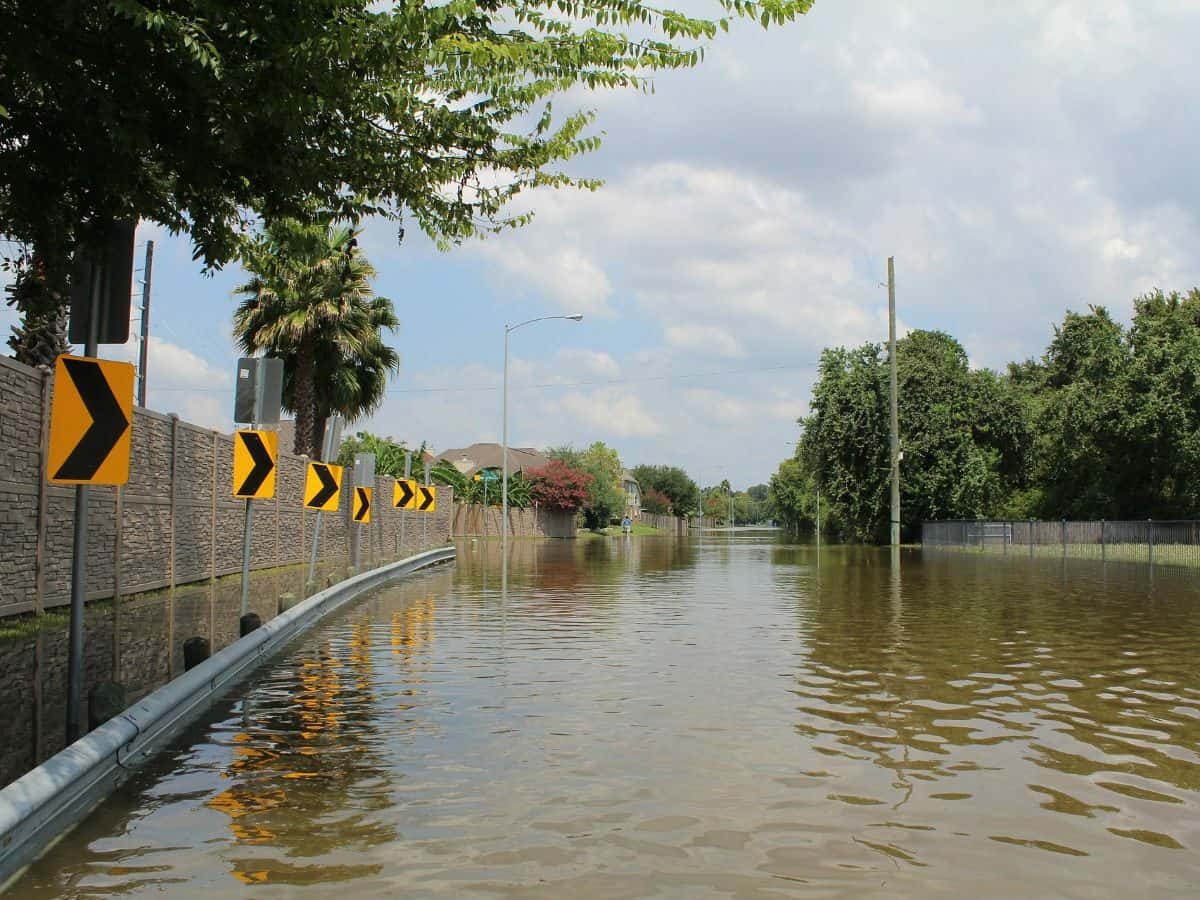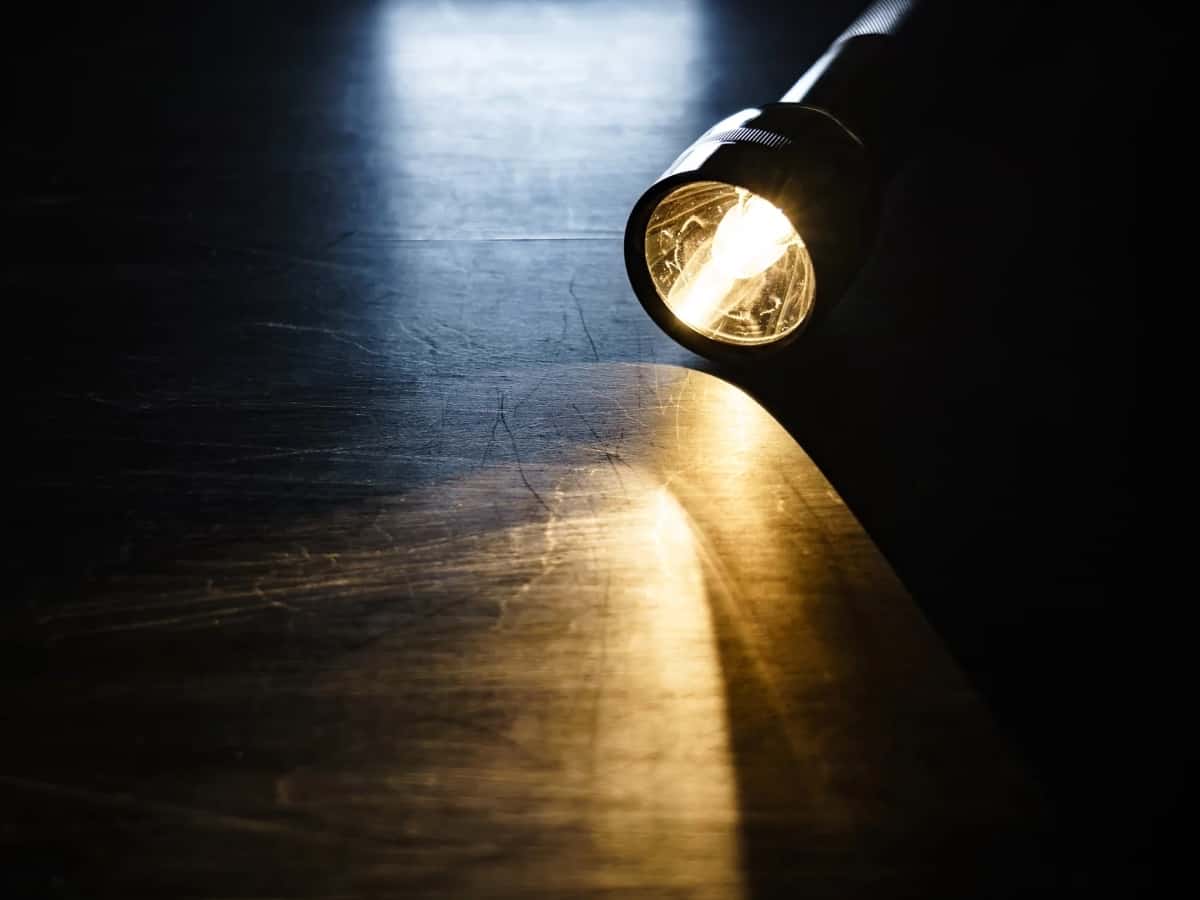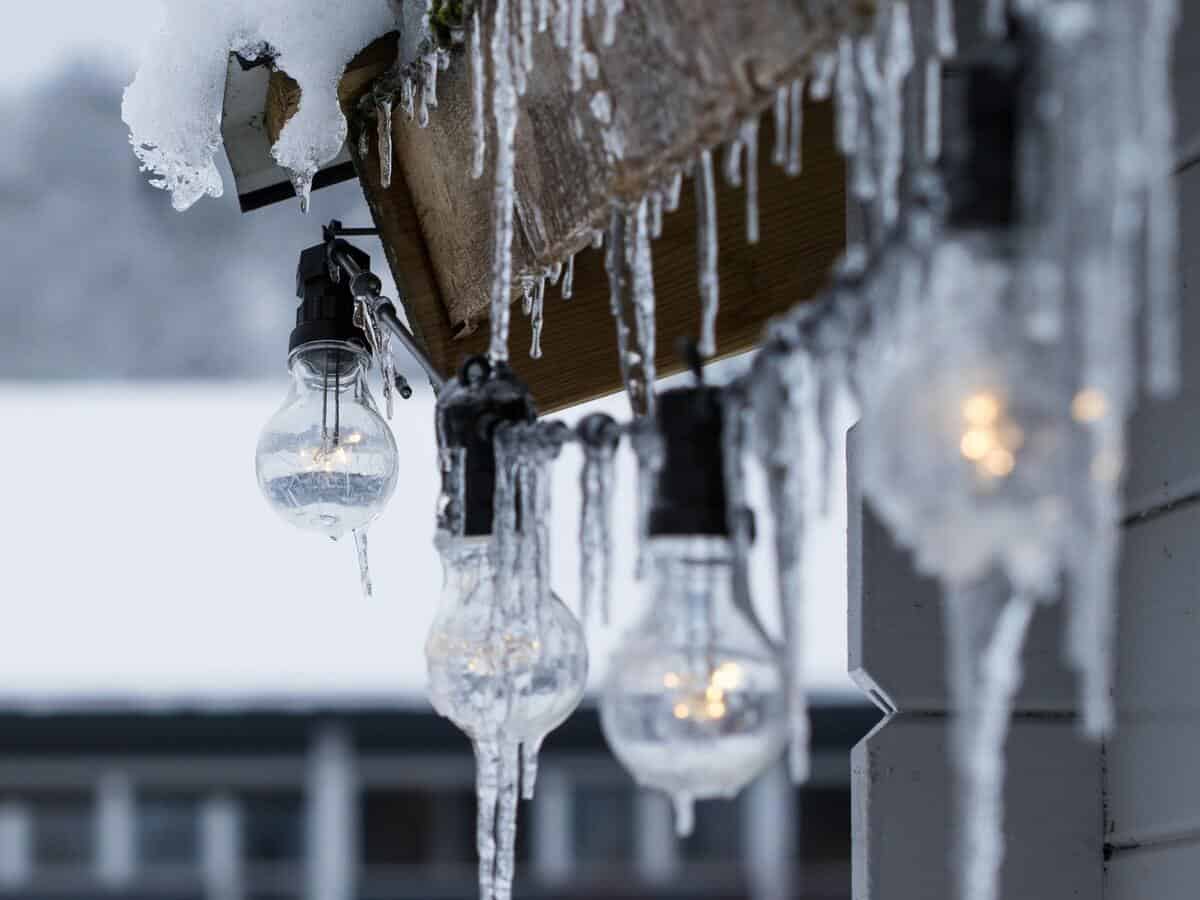When disaster strikes, most of us will hug our home insurance policy tight and hope to have the coverage we need for whatever damage accumulated at home. This is especially true when unpredictable weather hits, leaving many of us scratching our heads, wondering why we didn’t pursue the bigger policy years ago when we first built our insurance policy.
Building a strong policy with a wide range of coverage helps improve your home’s safety net. In this article, we’ll help you identify the items you shouldn’t forget to add. Some homeowners may not realize that after filing an insurance claim, an insurance adjuster will arrive to assess your home’s damage. This helps determine how much your insurance company should cover for the damage at your home. It’s critical you prepare prior to the adjuster’s arrival to improve the chances your assessment will be in your favor. In this article, we’ll help you identify a few simple ways you can be ready for the claim adjuster’s arrival.
Stay Protected Ahead of Time: Know Your Home Insurance Policy
With home insurance, it’s difficult to determine ahead of time what to include in your policy. Obviously no one can predict the future and knows what type of emergency or natural disaster they’ll need relief from. However, you can build a strong safety net against weather-related damage by checking in with your insurance policy when you know a storm is approaching.
If something’s missing from your policy, call your insurance broker to make changes. More specifically, look over your insurance policy’s deductibles. Review the declaration page for insurance policy limits and deductibles. The policy jacket is where you can find what your policy covers and doesn’t cover. If you don’t have a mailed copy of your policy, ask your insurance agent to send you a copy or find a copy from your online account.
You can also make sure your home is covered by adding these easy-to-forget items to your home insurance policy. Most of these items are in an HO-3 home insurance policy.
Roof Damage
Our roofs are often the first culprit of devastating damage resulting from harsh weather. From mounds of snow to powerful winds and rain, our roofs are quickly put at risk when the weather goes south.
With homeowner’s insurance, you can expect your policy to protect your roof against:
- Most water leaks trickling through your roof.
- Your roof caving in from the heavy weight of snow or ice.
- Clogged gutters that leak water and bring damage to your home’s ceilings.

Water Damage
Let’s be honest, the pipes inside our homes are important but forgettable. Thankfully, most insurance policies keep them in mind. Standard home insurance coverage takes into account frozen pipes. This includes repairs for the water damage inside your home, resulting from the burst pipe. Homeowners will have to pay to repair the pipe itself, however you can prevent further damages by turning off the main water valve.
As for flood damage, don’t assume your home insurance policy has this covered. In fact, you’ll most likely find this insurance coverage missing from your policy. This is because insurers consider floods to be a gradual occurrence, which differs from the sudden or accidental damages home insurance typically covers.
To have protection from floods, you’ll need to purchase coverage from a National Flood Insurance Program (NFIP) or use a private flood policy through a standard insurance company. A third option would be to add flood coverage to your homeowner’s insurance policy through an endorsement. For more information on flood insurance, read our flood insurance blog.

Power Outage
When the electricity goes out, it leaves many of us without warmth or the ability to charge and use our most important items. Not having power can also spoil our food, a headache for many homeowners who just stocked up their refrigerator or lost their favorite leftovers because of the outage.
Homeowner’s insurance can help cover your spoiled food if the electricity outage is from a covered incident, such as a powerful storm that interfered with your power line. So instead of tossing the food away and lamenting for the spaghetti bolognese you couldn’t enjoy, reach out to your insurance agent. Take pictures of the food and, if possible, try to find your receipts from the grocery store. You may get reimbursement.
Unfortunately, most insurance policies will not cover hotel accommodations resulting from the power outage.
Why You Need an HO-3 Home Insurance Policy
For an affordable, all-encompassing home insurance plan, go with the HO-3 policy. This is the most popular home insurance policy for a reason. It covers your home’s structure and your personal belongings from perils such as natural disasters, theft, or fires. This coverage is sometimes labeled as dwelling, personal property, and liability. An HO-3 policy will also cover your living expenses if you have to make hotel accommodations while your home is being repaired.
This is the coverage you’ll want on your side to handle the unpredictable aftermath of weather-related damage.
What To Do Before an Adjuster Arrives
After filing an insurance claim, the claims adjuster’s role is key in determining the level of assistance you’ll be getting from your insurance company. Preparing for their arrival will help you answer questions they may have, showcase the damage, and improve your chances of getting the appropriate assessment. It’ll also help curb any stress or anxiety you may feel about having an adjuster evaluate your home.
Some steps you should immediately take include:
- Not Interfering With the Damage. It’s natural to want to clean up the damage or make minor repairs to welcome back a sense of normalcy to your home. However, the claims adjuster needs to see the damage to calculate the total coverage you need appropriately. We recommend waiting until after the adjuster’s visit to clean or make small fixes. Keep track of repair expenses with receipts to use for reimbursement with your insurance company.
- Taking Pictures. Documenting and showcasing damage will help substantiate your loss. Take pictures, film video, write thorough notes of all the damage inside your home. This will help your insurance adjuster identify the appropriate cost of your claim. Having these materials on hand will also play a critical role in building your case and can counter if you don’t get the assistance you need.
- Gathering Documentation of Your Home Before Damage. Use these photos as a before and after for the destruction your home has incurred. This can help validate the impact of your home’s damage and strengthen your claim.
- Calling on the People You Trust. Have a contractor you trust stop by and thoroughly review the damage before the claims adjuster visits. Ask the contractor to put their assessment in writing with an estimate. You can use this to counter the adjuster’s analysis.
- Preparing To Go With a Third-Party. If you don’t agree with the assessment from your insurance company’s adjuster, you can hire a third-party claims adjuster to perform an inspection. Do some research ahead of time to locate and speak with an adjuster who you want helping with your claim.

After an Insurance Adjuster Visits
After the adjuster leaves, your insurance company will reach out to you with a settlement. They base this settlement off of the assessment made by the claims adjuster.
As mentioned before, if you don’t agree with the amount of the settlement, you should negotiate with your insurance provider. You can also arrange for an independent adjuster who is not affiliated with your insurance provider to stop by and review your damage. Keep in mind that an independent adjuster will cost you more out of pocket.
Lastly, manage your repairs by requesting a copy of all estimates, payouts, and claim decisions. If any losses are not covered by your insurance provider, request an explanation for their position on the decision. You can also ask for them to show you where in the policy it states that they can’t cover the loss.



